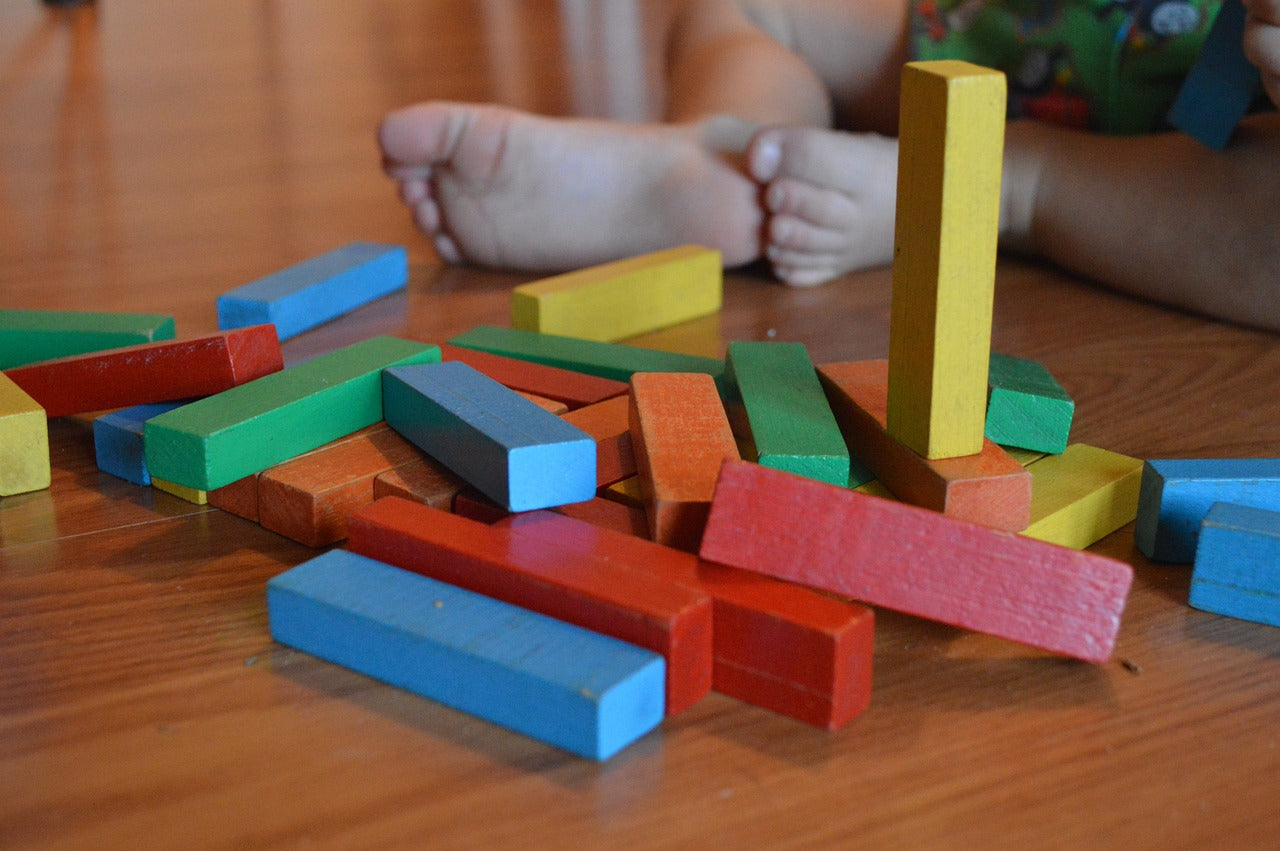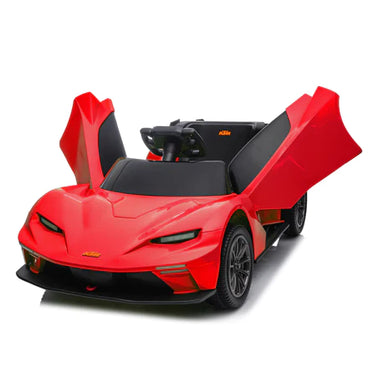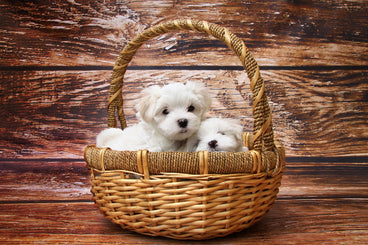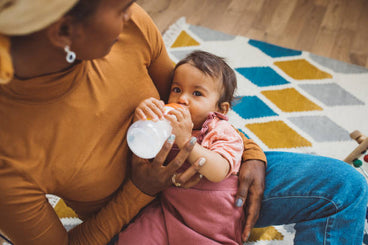When Will Your Baby Start Playing with Toys? Understanding Developmental Milestones
Introduction: As your baby grows and develops, you eagerly anticipate the milestone moments in their life. One of these exciting milestones is when your baby starts playing with toys. But when does this moment typically occur? In this blog, we explore the developmental stages that indicate your baby is ready for playtime and offer tips on how to encourage their interaction with toys. Let's dive in!

The Early Months: Observing and Exploring
During the first few months of life, your baby's primary focus is on developing basic sensory skills and establishing a bond with you. While they may not actively play with toys at this stage, they will start to show interest in their surroundings. They may observe and track objects with their eyes and begin reaching for and grasping toys that are within their range.

Around 3 to 6 Months: Grasping and Exploring
Between 3 to 6 months of age, your baby's motor skills develop further, allowing them to intentionally reach out and grasp objects. They will start exploring toys by bringing them to their mouth, shaking them, and making sounds with them. Soft and lightweight toys with various textures are ideal at this stage, as they stimulate your baby's senses and are easy for them to handle.

6 to 9 Months: Active Exploration and Cause-and-Effect Play
As your baby reaches 6 to 9 months, their coordination and motor skills continue to improve. They will become more active in their exploration of toys and the surrounding environment. They will engage in simple cause-and-effect play, such as pressing buttons on toys to produce sounds or dropping toys to see how they fall. Toys that encourage stacking, nesting, or rolling are great options to promote their hand-eye coordination and fine motor skills.

9 to 12 Months: Imagination and Problem-Solving
By 9 to 12 months, your baby's cognitive and problem-solving abilities have developed significantly. They may start using toys in creative ways, such as pretending a block is a phone or a doll is their baby. They will enjoy toys that involve problem-solving, such as shape sorters or puzzles. Toys that foster their imagination and encourage exploration of cause-and-effect relationships will captivate their attention and engage their growing cognitive skills.

Encouraging Your Baby's Interaction with Toys
To promote your baby's interaction with toys, consider the following tips:
-
Provide age-appropriate toys: Select toys that are suitable for your baby's developmental stage, offering the right level of challenge and engagement.
-
Offer a variety of textures and colors: Stimulate your baby's senses by providing toys with different textures, shapes, and vibrant colors.
-
Engage in interactive play: Play with your baby, demonstrating how to use toys and encouraging them to imitate your actions.
-
Rotate toys: Introduce new toys and rotate them regularly to keep your baby's interest and curiosity piqued.




